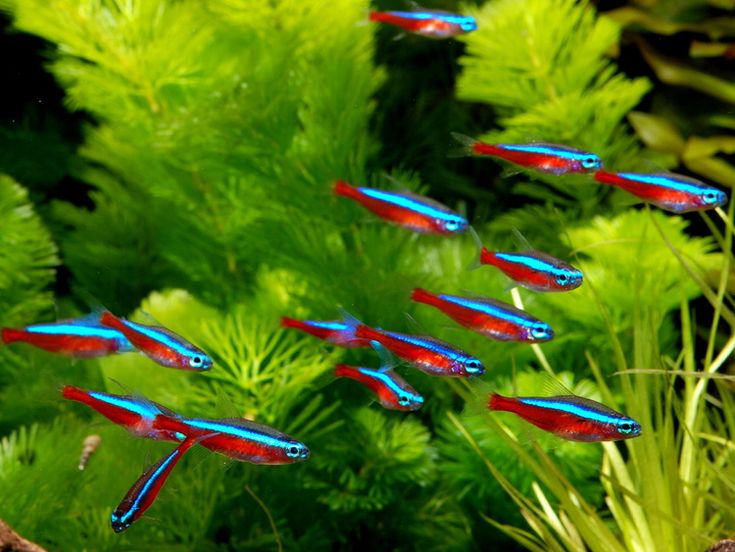The African continent, known for its vast and diverse ecosystems, is home to an incredible variety of freshwater fish species.
Among these, the small fish species stand out due to their remarkable ability to thrive in different environments. These tiny aquatic creatures may not always grab the spotlight like their larger counterparts, but they play an indispensable role in the ecological balance of African freshwater habitats.
From the Nile River to Lake Tanganyika, these fish contribute to the health of ecosystems, aid in nutrient cycling, and serve as food sources for numerous larger species.
For researchers and students exploring aquatic life, studying these small fish offers valuable insights into biodiversity and the delicate interdependence between species.
Their adaptability and the diversity of environments they inhabit make them ideal subjects for research, highlighting not only their ecological importance but also their potential for environmental education.
In this article, we will delve into the world of Africa’s smallest and most colorful freshwater fish species, exploring their unique characteristics, habitats, and the crucial roles they play in the environment.
Whether you are an aspiring biologist, a seasoned researcher, or simply a curious mind interested in the wonders of aquatic life, understanding these small fish can deepen your appreciation for the complexity of Africa’s freshwater ecosystems.
Join us on a journey to uncover the hidden gems of Africa’s waters, and learn why these fish are so much more than just their size.
The Importance of Small Fish in Africa
Small fish are often overlooked in discussions about freshwater biodiversity, yet their role in African aquatic ecosystems is critical.
Despite their size, these fish are at the heart of many ecological processes, providing essential functions that help sustain the environment.
One of their most important roles is in maintaining the food chain. Small fish serve as prey for larger predators, such as birds, reptiles, and larger fish species.
By supporting the diets of these predators, small fish contribute to the health and stability of entire ecosystems.
In addition to being a food source, small fish help regulate aquatic environments by participating in nutrient cycling. They feed on algae, detritus, and smaller organisms, and in turn, provide nutrients to plants and other organisms. This cycle ensures that the freshwater habitats remain healthy and capable of supporting diverse life forms. Furthermore, small fish species often act as bioindicators, meaning that changes in their populations or health can signal shifts in the water quality of their habitats, providing valuable data for conservation efforts.
In regions where biodiversity is under threat due to pollution, climate change, or overfishing, small fish can offer an early warning sign of ecosystem degradation.
Protecting these species is not just about preserving their populations; it’s about safeguarding the entire ecosystem, which relies on these fish to maintain balance and resilience.
The survival of small fish is, therefore, intrinsically linked to the broader health of African freshwater ecosystems.
